Home Visiting
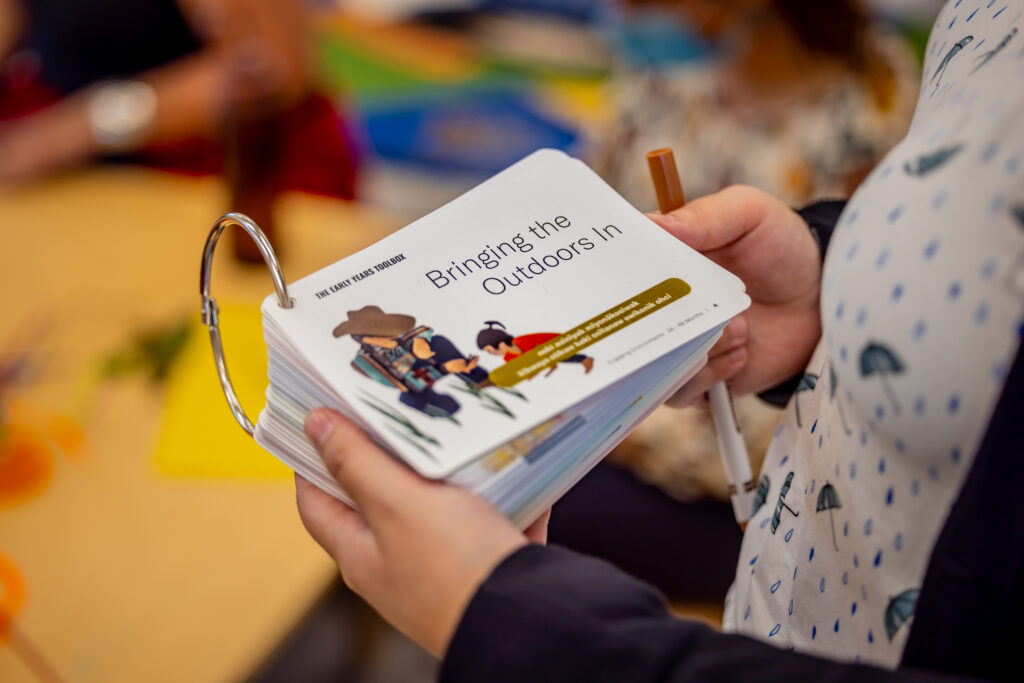
Tara Green, Early Years Program Manager explains what home visiting looks like in Rankin Inlet, Nunavut.
The Early Years team in Rankin uses a combination of home visits as well as visits at our Early Years space. Due to overcrowded homes, there are some mothers who prefer to have their visits at our space. We also have a drop-in every Friday where ladies are free to drop into our space to visit with any of our Visitors and socialize with other mothers and their babies. We also utilize the drop-in days by inviting content specialist to talk to our mothers. So far, we have had a lactation consultant come multiple times, and the public health team come talk about childhood immunizations. For our group gatherings we have done sewing and cooking as well.
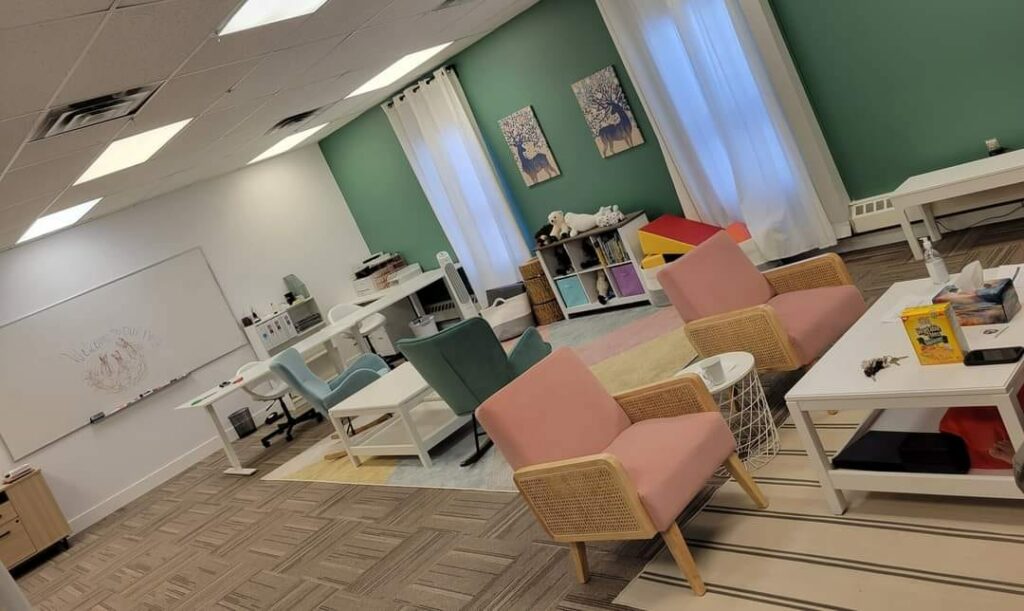
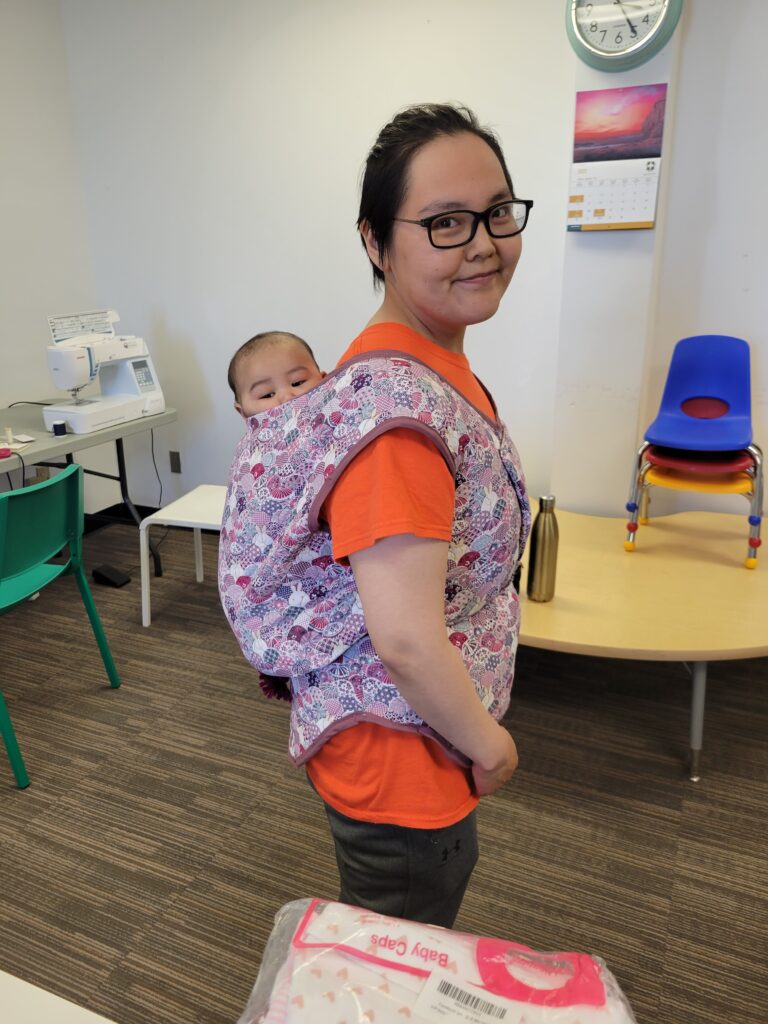
Melissa Puff, a member of the Ermineskin Cree Nation, is an Early Years Visitor who was also a program participant in Maskwacis, Alberta. She explains how the program focuses on relationships in order to model culturally relevant care for mothers like herself.
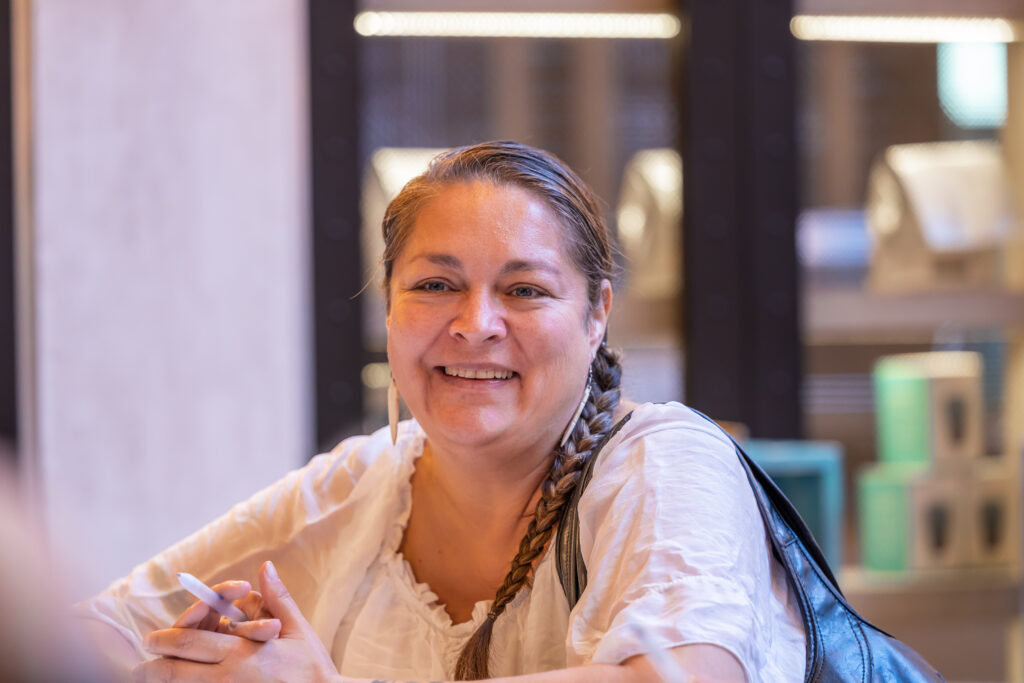
Not only is Melissa a Visitor, but when she became pregnant with her baby boy, she also signed up as an Early Years participant. Throughout her maternity leave, Melissa had the support of a dedicated Early Years Visitor. Being on the receiving end of home visits allowed her to get a different perspective on the program she delivers. “When she goes through the Toolbox with me, I’m connecting to my own experiences with my baby and where he’s at and how he’s growing and learning,” she says. Through the program, she has been able to support her baby’s development while exposing him to Cree language, traditional knowledge, and his broader community.
As her maternity leave drew to a close, Melissa prepared to settle back into her role as an Early Years Visitor. She knows that after her experience of having a child, nothing will feel the same. Not only will she return transformed by the experience of becoming a mother again at a different stage of her life, but she returns equipped with having been supported by the program. “In the past, we used to raise each other’s children, we fed each other’s children, we provided for the whole community,” she reflects. “I think if we keep teaching that, it will get back to where it began. We as a community would be so much more successful if everyone worked together and returned to our cultural and traditional ways.”


